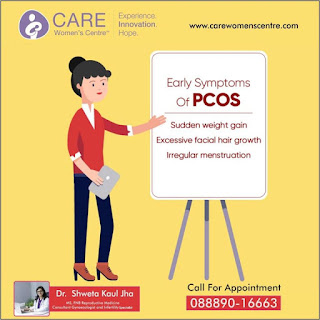Many treatments significantly improve the chances of getting pregnant. They include hormone treatments, fertility drugs and surgery. In addition, assisted reproduction uses various medical techniques to fertilise an egg. Infertility can be seen in both man and women. In males it lack the sperm count and sperm mortality and in females it lack in formation of eggs.
Male infertility treatment :-
Male fertility requires that the testicles produce enough healthy sperm, and that the sperm is ejaculated effectively into the vagina and travels to the egg. Various tests are done to determine the following :
- Semen analysis. Your doctor may ask for one or more semen specimens. That semen is kept In clean Container for further tests. In some cases, urine may be tested for the presence of sperm.
- Hormone testing. Male have sex hormone that is testosterone . The level of testosterone can be check in male by blood test.
- Genetic testing. Some time low sperm count or sperm mortality can be a genetic problem. Genetic testing may be done to determine whether there's a genetic defect causing infertility.
- Testicular biopsy. In select cases, a testicular biopsy may be performed to identify abnormalities contributing to infertility or to retrieve sperm for assisted reproductive techniques.
In some cases more surgery or treatment can be perform to check sperm rate, sperm count, sperm mortality and male sex hormone as well as level of other hormone in body.
Female infertility treatment :-
Fertility for women relies on the ovaries releasing healthy eggs. The reproductive tract must allow an egg to pass into the fallopian tubes and join with the sperm for fertilization.
- Ovulation testing. A blood test measures hormone levels to determine whether you're ovulating.
- Ovarian reserve testing. This testing helps determine the quantity of the eggs available for ovulation. This approach often begins with hormone testing early in the menstrual cycle.
- Other hormone testing. Other hormone tests check levels of ovulatory hormones, as well as pituitary hormones that control reproductive processes.
In some cases, your doctor may recommended other tests to check quality of egg and number of egg produce in a body.
Care Womens Centre is one of the Best centre for IVF in Indore. We provide
all infertility treatment in Care Womens Centre at very low cost. If are you
suffering from infertility and searching the best Fertility centre in Indore, contact Care Womens Centre Indore. Book an appointment today call now
8889016663 and visit https://www.carewomenscentre.com/ for more
information.
Request an Appointment / General Inquiry:- https://www.carewomenscentre.com/appointment/request-call-back/
Please go through our social media :
like our page to now more about IVF
Facebook :- https://www.facebook.com/CareWomensCentre/
Please do follow on Instagram
Instagram :- https://www.instagram.com/carewomenscentre/
To More Post:- Fertility treatment for PCOS





